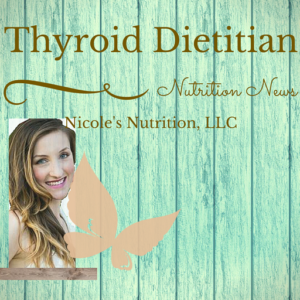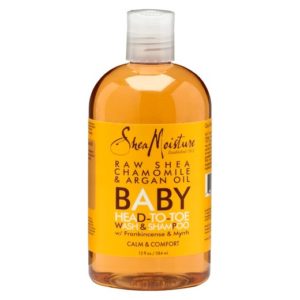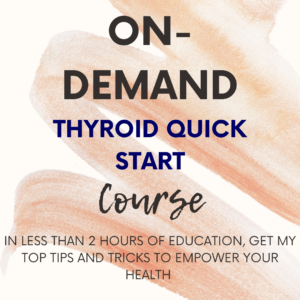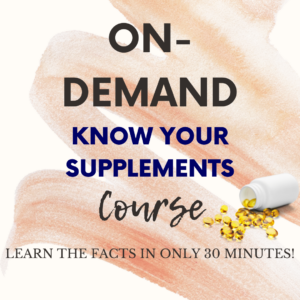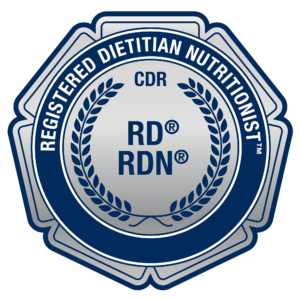Today I will be talking all about the mineral, zinc for thyroid health!
What does zinc do in the body?
Zinc acts as a cofactor for over 100 different enzymes. If you don’t have enough zinc, certain body processes that require those enzyme functions will not work as well. For example, zinc is needed for proper thyroid hormone production. In research, there is a recurring correlation with low zinc status and hypothyroidism.
Zinc plays an important role in immune health, skin integrity, and the body senses.
I often find my patients not eating enough food sources of zinc, so supplementation or increasing food sources of zinc may be needed. But, talk to your doctor or dietitian before supplementing.
Did you know: There are only 5 “very good” food sources of zinc out there! So, this is an important mineral to be mindful about.
- 4 oz. of beef or lamb is a very good source of zinc
- 1/4 cup of sesame seeds or pumpkin seeds are a very good source
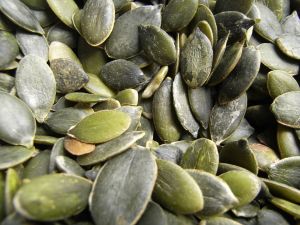
- 1 cup of garbanzo beans or lentils
- 1/4 cup cashews
Other notable good sources:
- quinoa
- turkey
- spinach
- shrimp
- tofu
- green peas
- oats
I recommend eating one “very good” source of zinc every day, or at least two “good” sources of zinc along with a balanced diet. However, those with limited or restricted diets may find it hard to get enough zinc in their diet. Even if you eat one serving of pumpkin seeds, that only accounts for a portion of what you need for the day. So, you can see how it would be easy to run low in zinc.
Supplementation
Now there is the question about supplementing. What type of zinc to take if you decide to, and how much?
I will say that if you supplement with more than 25-30 mg of zinc per day, you will need some copper in your supplement to help balance out the zinc and make sure you don’t begin to run deficient in copper.
The zinc and copper balance and ratio can be tricky, so I never recommend supplementing with mega doses. Your best bet is to keep your supplement as low as possible, and primarily use foods to get what you need. This is a much better way to keep zinc and copper in balance and stay healthy.
That being said, many will still argue about which form of zinc to supplement with. I use the zinc monomethionine version with a tiny amount of copper in it. I focus on getting plenty of seeds in my diet. The great thing about seeds and nuts is that they contain both copper and zinc (and a lot of other great nutrition).


